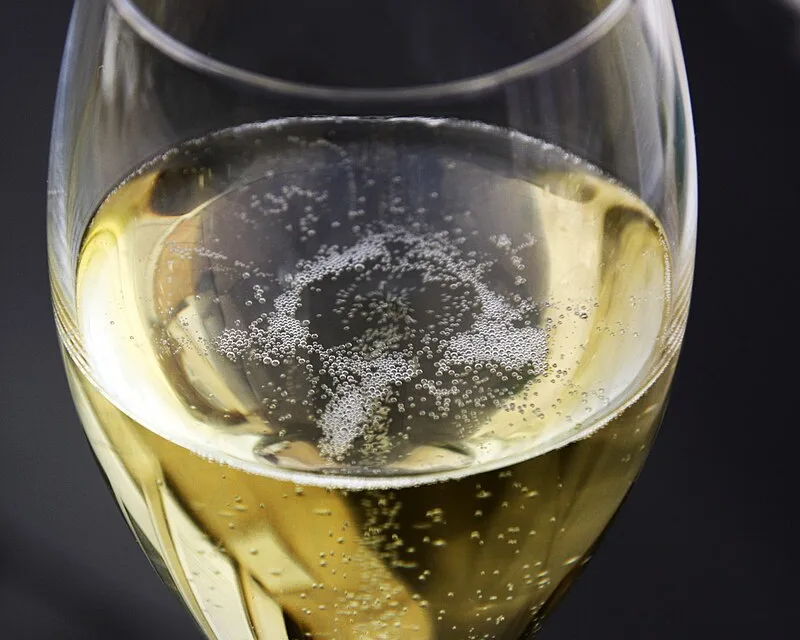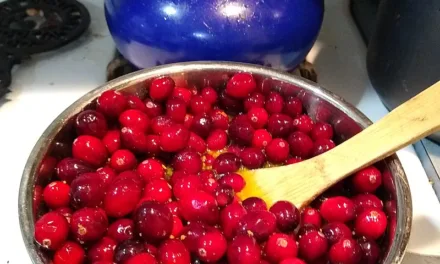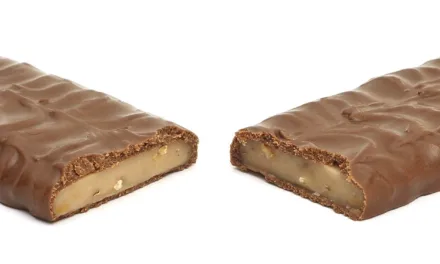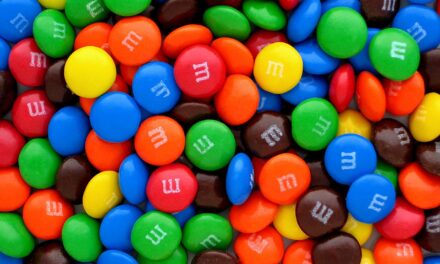Champagne is a sparkling wine specifically produced in the Champagne region of France, following strict regulations and methods. Its vibrant bubbles, crisp acidity, and nuanced flavors make it a symbol of luxury and celebration. Here’s an overview:
Characteristics:
- Bubbles: Created through secondary fermentation in the bottle (méthode champenoise or traditional method).
- Flavor Profile: A mix of fruit (apple, pear, citrus), floral, toasty, nutty, and brioche-like notes depending on aging and blending.
- Aroma: Fresh, with hints of minerals, white flowers, and yeast.
- Body: Typically light to medium-bodied, with a refreshing, dry finish.
Key Components:
- Grapes: Made primarily from Chardonnay, Pinot Noir, and Pinot Meunier.
- Sweetness Levels:
- Brut Nature: Bone dry
- Extra Brut: Very dry
- Brut: Dry, most common style
- Extra Dry: Slightly sweet
- Demi-Sec: Sweet
- Doux: Very sweet
Prestige:
Authentic Champagne is protected by an Appellation d’Origine Contrôlée (AOC) status, ensuring quality and tradition.
Serving Suggestions:
- Serve chilled at 45–50°F (7–10°C) in flute glasses to preserve its bubbles.
- Pairs well with oysters, light appetizers, fried foods, and desserts (depending on sweetness).
Is there a particular aspect of Champagne you’d like to explore?
Image from Wikipedia






Recent Comments